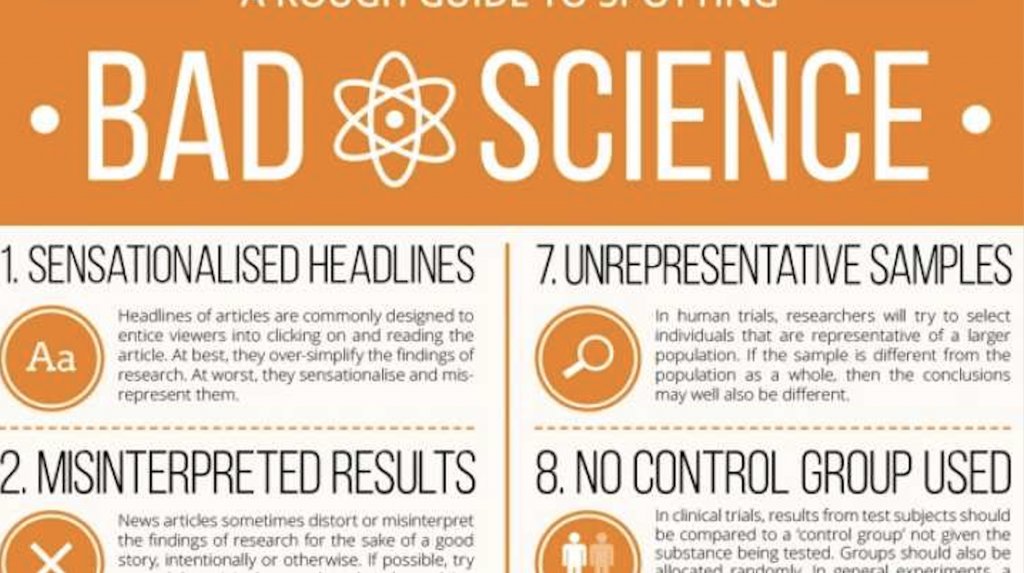Lancet Paper Flagging Up Risk of Reinfection is Garbage
Mon 10:05 am +01:00, 22 Mar 2021We’re publishing an original piece today by Mike Hearn, the former Google software engineer who is the author of this site’s most read piece. (He used to contribute under the name Sue Denim, but has since come out.) It’s a review of a recent paper in the Lancet purporting to show that 20% of Danes infected in Denmark’s first wave became reinfected in the second wave. As Mike reveals, this conclusion was based on assuming the false positive rate of the PCR test is much lower than the researchers had any reason to assume. Here are the first three paragraphs:
A recent paper in the Lancet claims that one in five people might not get immunity from being infected with COVID. The study is invalid. Although these sorts of problems have been seen before, this is a good opportunity to quickly recall why COVID science is in such dire straits.
The research has a straightforward goal: follow a population of Danish people who tested positive in Denmark’s first wave, and re-test them during the second wave to see if they became infected a second time. Denmark has a large free PCR testing programme so there is plenty of data to analyse. Out of 11,068 who tested positive in the first wave, 72 also tested positive during the second wave. This fact is used to advocate for vaccination of people who’ve already had COVID.
The obvious problem with this strategy is that false positives can cause apparent reinfection even when no such thing has happened. The paper doesn’t mention this possibility until page 7, where the entire topic is dismissed in a single sentence: “Some misclassifications by PCR tests might have occurred; however, the test used is believed to be highly accurate, with a sensitivity of 97·1% and specificity of 99·98%.” My curiosity was piqued by this figure because, as I’ve written about previously, at least as of June last year nobody knew what the false positive rate of COVID PCR testing is. The problem is circular logic: COVID is defined as having a positive test, therefore by definition it has no false positives, even though we know this cannot be true.
Worth reading in full.
Stop Press: The New York Times reports on a new study showing that eight months after infection most people who have recovered from coronavirus still have enough immune cells to fend off the virus and prevent illness. A slow rate of decline in the short term suggests that these cells may persist in the body for a very, very long time to come.











